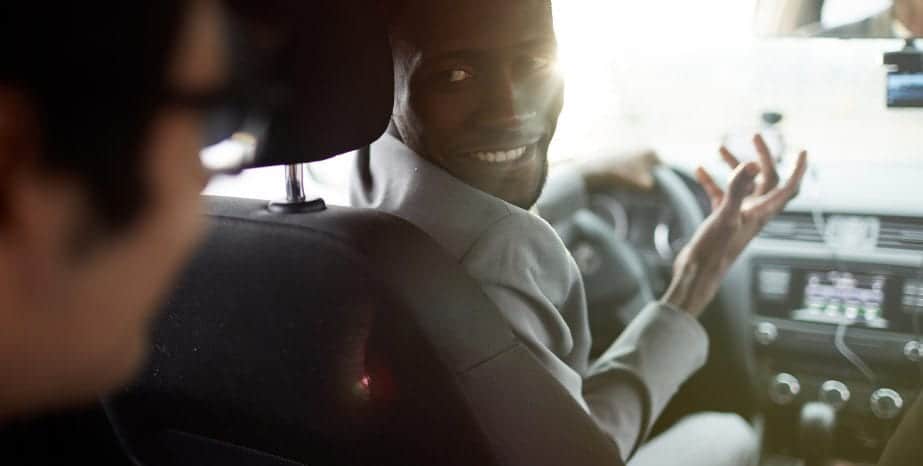8730 Wilshire Boulevard, California 90211
Get Help Now
8730 Wilshire Boulevard, California 90211
Get Help Now

Taxi drivers, bus drivers, and other such commercial operators are subject to strict licensing requirements over and above noncommercial requirements. But Uber, Lyft, and other ridesharing companies usually have no such requirements.
Frequently, commercial license tests focus almost as much on interfacing with riders as they focus on driving skills. Since Uber drivers lack this critical training, they usually also do not have a full appreciation of the duty of care in these cases. More on that below.
Mostly because of the high duty of care in these cases, a Los Angeles personal injury attorney is often able to obtain substantial compensation for crash victims. This compensation normally includes money for economic losses, such as medical bills, and noneconomic losses, such as pain and suffering.
Most noncommercial operators have a duty of reasonable care. They must avoid accidents when possible, obey the rules of the road, and drive defensively. Since Uber drivers are in their personal vehicles, they normally assume the same standard of care applies. But that’s not the case.
In terms of vehicle operation, Uber drivers have a duty of utmost care. They essentially guarantee safe conduct for their passengers.
Operating near intersections is a good example of the difference. Noncommercial drivers may normally go straight through intersections if they have green lights. However, because of the higher duty of care, Uber drivers arguably have a duty to slow down, look both ways, and ensure the intersection is clear before they pull forward.
Passenger safety is part of this duty as well. The high level of safety responsibility begins at the pickup point and ends after the passenger exits the vehicle. So, the pickup and dropoff points must be at safe locations. Dark alleys are not safe locations. Furthermore, if passengers argue during the ride, the driver must intervene and break up the dispute before it becomes violent.
The duty of care might be different for commercial and noncommercial drivers, but the negligence claims in these cases are essentially the same.
Ordinary negligence is a lack of care. Negligence per se is the violation of a safety law. Device distraction illustrates the difference between these two doctrines.
The Golden State has a hands-free law. It is normally illegal to hold any device while the vehicle is in motion. This prohibition includes talking, sending or reviewing an email or other text-based message, watching a video, surfing the web, and almost any other use. Drivers who engage in prohibited activity and cause crashes might be liable for damages as a matter of law under the negligence per se doctrine.
This law has many exceptions. It’s normally legal to use a hand-held GPS navigation device while driving. It’s also normally legal to use a hands-free device while driving. These behaviors constitute distracted driving.
In fact, using a hands-free device might be riskier than using a hand-held device. Hands-free gadgets give many drivers a false sense of security. Additionally, there is normally a texting lag effect. After they use a device, motorists do not fully re-engage with driving for at least twenty seconds. When one is behind the wheel, a lot can happen in that window of time.
Individual drivers are legally responsible for damages in these cases. The ridesharing company is typically financially responsible, due to the respondeat superior doctrine. Companies like Uber and Lyft are responsible for the negligence of their drivers if:
Vicarious liability theories like respondeat superior are very important in ridesharing wrecks. Frequently, these operators only have personal auto insurance. These policies usually do not cover commercial losses. So, for all intents and purposes, Uber drivers are uninsured. THird party liability gives these victims an alternative recovery source.Ridesahring crashes often cause serious injuries. For a free consultation with an experienced personal injury attorney in Los Angeles, contact the Law Offices of Eslamboly Hakim & Sharona Hakim. You have a limited amount of time to act.
Image Source: Storyblocks
Tag: